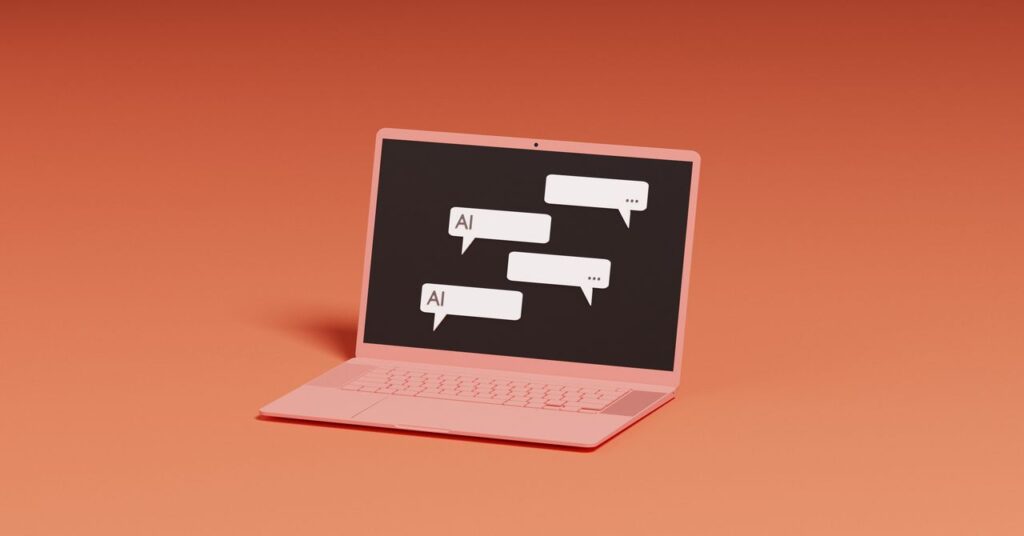The United Arab Emirates Unveils a Compact Yet Robust AI Model

The United Arab Emirates (UAE) has unveiled an open-source model excelling in advanced reasoning, rivaling the top offerings from both the United States and China. This development signals that the nation’s substantial investments in artificial intelligence are starting to yield results.
The new model, K2 Think, is created by researchers at Mohamed bin Zayed University of Artificial Intelligence (MBZUAI) in Abu Dhabi. It represents one of the first “sovereign” AI models equipped with the necessary technological advancements for reasoning. G42, an Emirati tech conglomerate supported by Abu Dhabi’s sovereign wealth funds, is freely distributing the model. G42 operates the model on a cluster of Cerberas chips, an alternative to Nvidia’s hardware.
K2 Think is the UAE’s contribution to the global ambition to showcase capabilities in a technology anticipated to have significant economic and geopolitical ramifications. The United States and China are viewed as the leading contenders in this field; however, various smaller nations with substantial funding are also in pursuit of their own “sovereign” AI models.
K2 Think is relatively compact, featuring 32 billion parameters. It is not a fully-fledged large language model but is specifically tailored for reasoning, adept at tackling complex questions through a simulated deliberation process rather than rapidly synthesizing information. Researchers assert that it performs comparably to reasoning models from OpenAI and DeepSeek, both of which have over 200 billion parameters.
“This signifies a technical innovation or, in my view, a disruption,” stated Eric Xing, president of MBZUAI and principal AI researcher, in an interview with WIRED before today’s announcement.
Xing emphasizes that the model showcases an effective synthesis of several recent technical advancements. These encompass fine-tuning on elongated simulated reasoning sequences, a strategic planning methodology that dissects problems in diverse manners, and reinforcement learning that trains the model to achieve verifiable correct answers. Additional innovations facilitate the model’s efficient operation on Cerebras chips.
“Learning how to make a more compact model perform as effectively as a larger one is a valuable lesson for those who wish to take insight from us,” Xing remarked.
Xing further noted that K2 Think was developed utilizing several thousand GPUs (exact figures were not disclosed), with the final training run involving 200-300 chips. Future plans include integrating K2 Think into a comprehensive LLM in the upcoming months. MBZUAI has open-sourced the model and released a technical report detailing how various innovations were synergized to develop it.
Other countries in the Middle East, including Saudi Arabia, are making substantial investments in AI infrastructure and research. Former President Donald Trump visited the region in May to announce a series of AI collaborations with US tech companies.
The UAE’s leadership has committed billions to position the nation as a crucial research hub. The country has already showcased advanced AI research and established a presence in Silicon Valley. Additionally, the UAE has reduced its connections with China in exchange for access to the US silicon necessary to train advanced models.
Peng Xiao, CEO of G42 and a board member at MBZUAI, stated: “This accomplishment demonstrates that smaller, more efficient models can compete with the largest systems, showcasing how Abu Dhabi is influencing the next wave of global innovation.”
